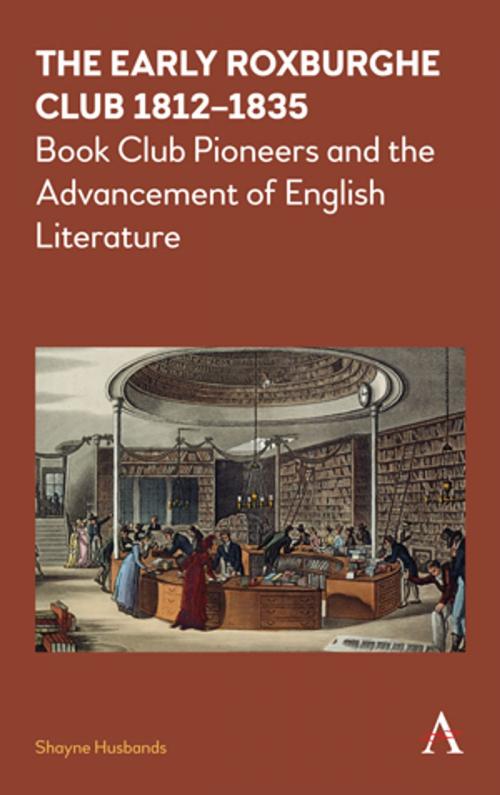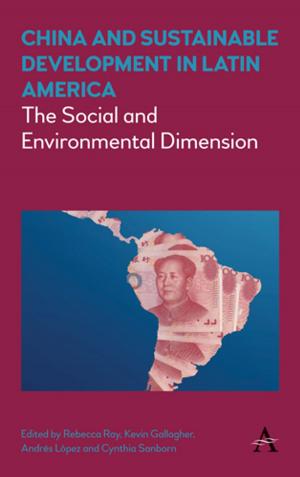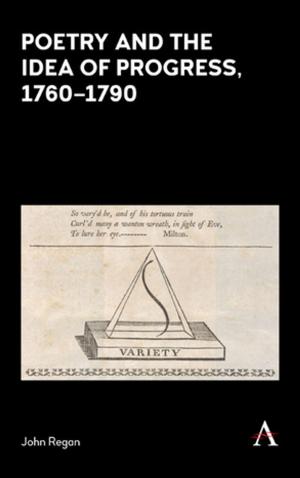The Early Roxburghe Club 18121835
Book Club Pioneers and the Advancement of English Literature
Nonfiction, Home & Garden, Antiques & Collectibles, Books, Fiction & Literature, Literary Theory & Criticism, Books & Reading| Author: | Shayne Husbands | ISBN: | 9781783086924 |
| Publisher: | Anthem Press | Publication: | August 21, 2017 |
| Imprint: | Anthem Press | Language: | English |
| Author: | Shayne Husbands |
| ISBN: | 9781783086924 |
| Publisher: | Anthem Press |
| Publication: | August 21, 2017 |
| Imprint: | Anthem Press |
| Language: | English |
The Roxburghe Club, founded in 1812, has an unbroken publishing history from 1814 to the present day. Since the Club’s edition of ‘Havelok the Dane’ appeared in 1828, the Roxburghe has gained a reputation as a producer of beautifully printed editions of manuscripts and reprinted early books. The founding period of the Club, however, has been viewed with less approval, often seen as a frivolous, unscholarly period of wasted years when little of value was produced by a membership composed of dilettante aristocrats.
This work offers a new narrative of the formative years of the Roxburghe Club, for the bibliomania of the Romantic period and for early nineteenth-century antiquarian culture and its relationship to the emergent popularity and status of English vernacular literature. It addresses what is shown to be a long-repeated myth: what the Club was and whether its scholarship and editing of early English literature merited respect or mockery. The book covers the make-up and membership of the Club including social and political affinities, literary and scholarly achievements and the substantial contribution made by the Club to widening awareness and understanding of earlier English writers and the establishment of a canon of English literature. This revised history offers an alternative narrative for the move between antiquarian and scholarly areas of influence in the study of English literature, and offers a plausible mechanism for the growing acceptance of vernacular English literature, both in academia and in a more general cultural sense.
The Roxburghe Club, founded in 1812, has an unbroken publishing history from 1814 to the present day. Since the Club’s edition of ‘Havelok the Dane’ appeared in 1828, the Roxburghe has gained a reputation as a producer of beautifully printed editions of manuscripts and reprinted early books. The founding period of the Club, however, has been viewed with less approval, often seen as a frivolous, unscholarly period of wasted years when little of value was produced by a membership composed of dilettante aristocrats.
This work offers a new narrative of the formative years of the Roxburghe Club, for the bibliomania of the Romantic period and for early nineteenth-century antiquarian culture and its relationship to the emergent popularity and status of English vernacular literature. It addresses what is shown to be a long-repeated myth: what the Club was and whether its scholarship and editing of early English literature merited respect or mockery. The book covers the make-up and membership of the Club including social and political affinities, literary and scholarly achievements and the substantial contribution made by the Club to widening awareness and understanding of earlier English writers and the establishment of a canon of English literature. This revised history offers an alternative narrative for the move between antiquarian and scholarly areas of influence in the study of English literature, and offers a plausible mechanism for the growing acceptance of vernacular English literature, both in academia and in a more general cultural sense.















